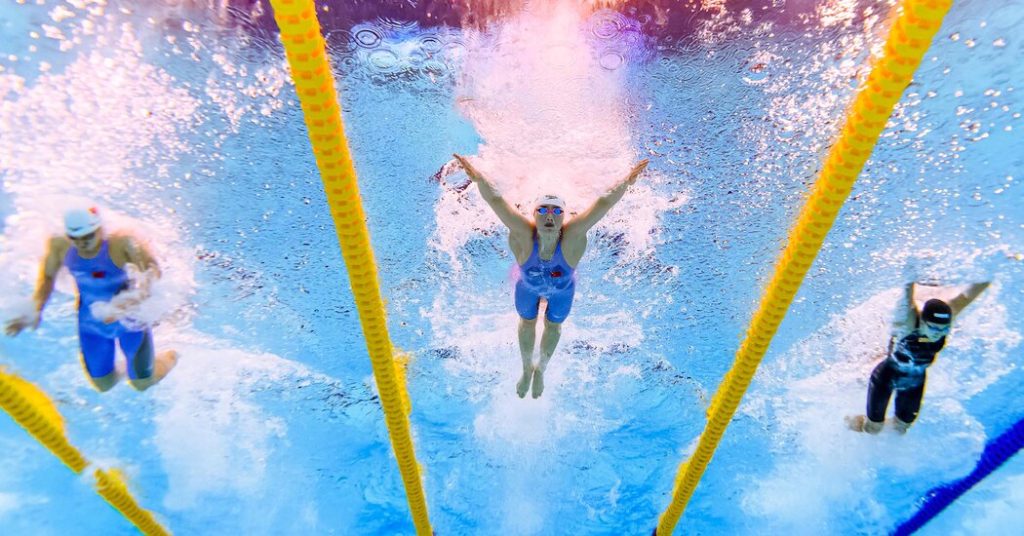Twenty-three top Chinese swimmers tested positive for a banned substance seven months before the Tokyo Olympic Games in 2021, but were allowed to continue competing after Chinese officials cleared them of doping and the World Anti-Doping Agency (WADA) chose not to intervene. Many of the swimmers, including those who won medals, are expected to compete in the upcoming Paris Summer Games. The handling of the positive tests by Chinese sports officials, World Aquatics, and WADA raised concerns among U.S antidoping officials, who accused WADA of failing in its mission.
Despite receiving intelligence suggesting a cover-up and doping by Chinese swimmers, WADA decided not to take action due to what they called “a lack of any credible evidence” challenging China’s explanation for the positive tests. The FBI learned of the positive tests and WADA’s inaction, prompting federal investigators to look into the matter using powers granted by a 2020 law aimed at combatting corruption in international sports events. The U.S Anti-Doping Agency criticized WADA for failing clean athletes and urged that those involved in suppressing the positive tests must be held accountable.
The positive tests involved the banned substance trimetazidine, with all urine samples testing positive for the drug. Chinese authorities claimed that the swimmers had unknowingly ingested the substance due to tainted food at their hotel. Authorities found traces of the drug in the hotel’s kitchen but were unable to pinpoint the source. Despite this unusual explanation, the swimmers were not suspended, and their identities were not disclosed, allowing them to compete at the Tokyo Games.
The global authority on doping in sports, WADA, chose not to act on the positive tests despite international concerns and evidence of a potential cover-up. The Chinese swim team’s handling of the positive tests and the lack of transparency regarding the incident raised questions about the effectiveness of the antidoping system in elite sports. Experts in antidoping expressed disbelief at China’s explanation for the positive tests and criticized the failure to suspend or publicly identify the athletes pending further investigation.
The positive tests and subsequent handling of the case highlighted the importance of transparency, accountability, and fairness in elite sports. The episode exposed shortcomings in the global antidoping system, allowing one of the world’s most powerful countries to send athletes who had recently tested positive for a banned substance to major international competitions without public disclosure. The lack of action by WADA raised concerns about the agency’s ability to ensure compliance with antidoping regulations and protect the integrity of sports competitions.
The positive tests by the Chinese swimmers presented a sensitive issue for the upcoming Tokyo Olympic Games, where China was expected to compete in swimming. The discovery of nearly two dozen positive tests, the unusual claim of mass contamination through tainted food, and the potential implications for the integrity of the Games called for a thorough and independent investigation. The high stakes surrounding the positive tests, as well as the lack of action by WADA and other authorities, underscored the need for heightened scrutiny and oversight in the antidoping process to safeguard the fairness of elite sports competitions.


